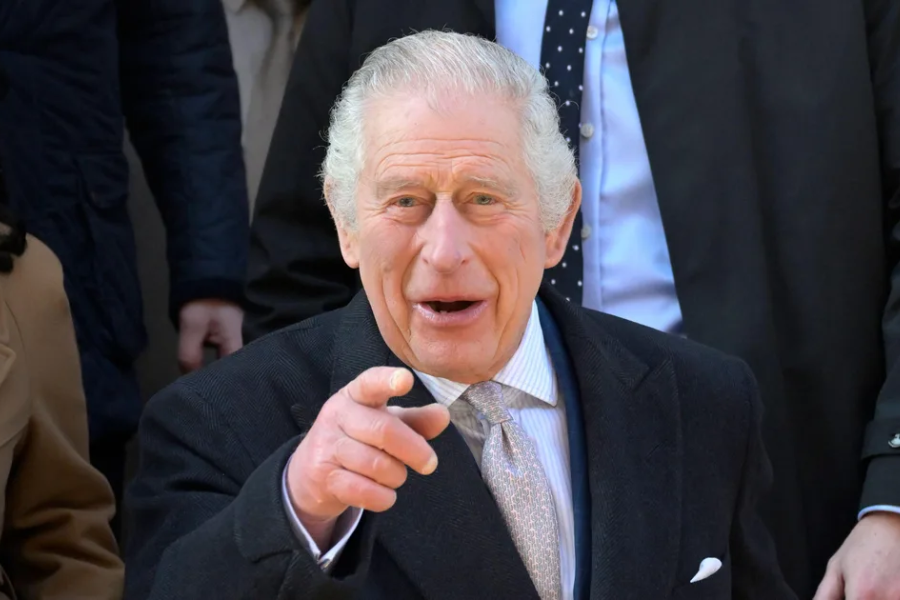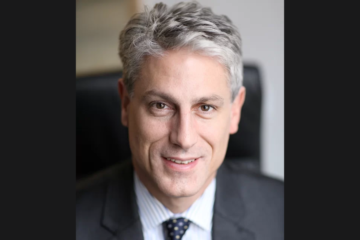Long before his coronation in 2024, King Charles III expressed a strong commitment to sustainability, advocating for initiatives that would protect the environment and address climate change. His long-standing interest in environmental preservation has only grown since assuming the throne, with the king setting ambitious goals for making the Royal Family’s operations more eco-friendly. One area in particular that has drawn attention is the Royal Family’s approach to travel. With its reliance on helicopters, state vehicles, and private aircraft, the Royal Household faces a significant challenge in reducing its carbon footprint. However, King Charles III has already begun implementing a range of innovative strategies designed to make royal travel more sustainable.
In this article, we explore the various plans King Charles has set in motion to ensure that the Royal Family leads by example when it comes to environmentally friendly travel.
The King’s Bentleys: A Sustainability Overhaul
Among the most visible changes in the Royal Family’s transportation fleet are the steps being taken to modernize the iconic Bentley state vehicles that have been synonymous with royal processions. Per Parade magazine, in July 2024, King Charles ordered his two Bentley vehicles to be retrofitted to run on biofuel. Biofuels are a cleaner alternative to traditional gasoline and diesel, reducing harmful emissions and the overall carbon footprint of the vehicles. This shift marks a critical step towards sustainability, but it is only a temporary solution.
The king’s long-term plan is to eventually replace these cars with fully electric vehicles, as reported by the Associated Press. Electric cars produce zero emissions at the point of use, and with advances in technology, they are becoming more efficient and widely available. Once this transition is complete, the king will effectively eliminate emissions from the vehicles in which he is chauffeured, significantly reducing the environmental impact of royal engagements.
This move is not just about optics; it reflects King Charles’s broader desire to adopt green technologies that will leave a lasting impact on the Royal Family’s environmental legacy.
Helicopter Fleet Gets a Green Makeover
The Royal Family’s helicopters are an essential tool for ensuring members of the monarchy can fulfill their duties efficiently across the U.K. and abroad. However, helicopters are notoriously fuel-hungry and contribute to a considerable portion of the Royal Household’s carbon emissions. Recognizing the need for modernization, King Charles has initiated plans to upgrade the Royal Family’s helicopter fleet with models that support sustainable aviation fuel.
In July 2024, The Guardian reported that two of the Royal Family’s 15-year-old helicopters would be replaced with newer models capable of running on 50% sustainable aviation fuel (SAF). The new helicopters, set to be delivered by the end of 2024, are Agusta Westland AW139 models, which have been touted for their efficiency and adaptability. SAF is a biofuel that significantly reduces greenhouse gas emissions compared to conventional jet fuel, making it an attractive option for lowering the environmental impact of air travel.
These changes represent a meaningful step toward reducing the carbon footprint of royal aviation. With a modernized helicopter fleet, the Royal Family will be better positioned to balance the need for efficient transportation with their environmental responsibilities.
Sustainable Aviation Fuel: The Future of Royal Travel
A key component of King Charles’s sustainable travel strategy involves expanding the use of sustainable aviation fuel (SAF). According to the Sovereign Grant Annual Report published in July 2024, the Royal Family has begun incorporating SAF into its travel plans. SAF is produced from renewable sources and can reduce lifecycle carbon emissions by up to 80%, compared to traditional jet fuel.
To ensure a consistent supply of SAF for royal travel, a temporary storage tank was set up at the Royal Air Force grounds in Odiham, as noted in the report. The Royal Household plans to install a permanent fuel tank by 2025 or 2026, which will ensure continued access to SAF for years to come. This initiative is an essential part of the king’s goal to minimize the environmental impact of air travel by reducing the household’s reliance on conventional fossil fuels.
The move towards sustainable aviation is particularly important given the high volume of royal air travel. By adopting SAF as a standard fuel source for both helicopters and private jets, the Royal Household will significantly lower its carbon emissions.
Environmental Impact Considered in Travel Decisions
King Charles’s commitment to sustainability extends beyond technological upgrades and fuel sources; it also influences the decision-making process when planning royal engagements. According to the Sovereign Grant Annual Report, a variety of factors are now taken into account when assessing the necessity of air travel for royal business. These factors include safety, security, time efficiency, environmental impact, and cost.
Page 26 of the report highlights the Royal Family’s growing awareness of the environmental consequences of air travel. Between 2022-2023 and 2023-2024, the Royal Household managed to reduce the number of official engagements by approximately 400 trips, along with cutting back on seven trips that previously cost over £17,000 each in travel expenses.
These measures reflect King Charles’s broader vision of a more environmentally conscious monarchy, one that carefully evaluates the need for travel based on the potential ecological impact.
Reducing Emissions and Gasoline Expenditures
The King’s efforts to modernize royal travel are already bearing fruit in terms of both environmental and financial savings. According to The Independent, the Royal Household spent £1.2 million on gasoline in 2024, a noticeable reduction from the £1.4 million spent in 2023. This decrease in fuel expenditure is directly linked to the steps King Charles has taken to adopt more fuel-efficient technologies and reduce the Royal Family’s overall travel footprint.
As more vehicles in the Royal Fleet are converted to run on biofuels or replaced with electric alternatives, these savings are expected to grow. The long-term benefits will be twofold: a reduced financial burden on the taxpayer and a more sustainable approach to royal transportation.
Hiring a Head of Sustainability
To ensure that the Royal Household’s sustainability initiatives are effective and well-coordinated, King Charles took the additional step of hiring a dedicated Head of Sustainability. In March 2024, Ruth Knight was appointed to this role, as reported by GB News. Knight has an impressive background in environmental leadership, including positions with the Mayor of London.
The hiring of a Head of Sustainability underscores the seriousness with which King Charles approaches his environmental goals. Knight’s role will involve overseeing and advising on sustainability practices within the Royal Household, ensuring that King Charles’s vision for a greener future is realized.
Her appointment is also a response to growing public scrutiny regarding the carbon footprint of royal travel. While royals have often been criticized for frequent use of private jets and helicopters, this new leadership position will help guide the Royal Family toward more eco-conscious decisions, reinforcing their commitment to leading by example in sustainability.
A Future of Greener Royal Travel
There is no doubt that King Charles III’s initiatives to modernize the Royal Family’s approach to travel are bold and forward-thinking. From converting the Bentleys to run on biofuel and upgrading helicopters to support sustainable aviation fuel, to hiring a Head of Sustainability to guide these efforts, the king is committed to making the monarchy a leader in environmental stewardship.
Though these changes are substantial, there is always more to be done. As new technologies and greener alternatives become available, it is likely that the Royal Family’s sustainability efforts will continue to evolve. For now, King Charles III’s ambitious plans signal a new chapter in royal travel—one where tradition meets innovation in the pursuit of a greener, more sustainable future.
Explore the latest celebrity news and exclusive stories at Gossips.blog!




